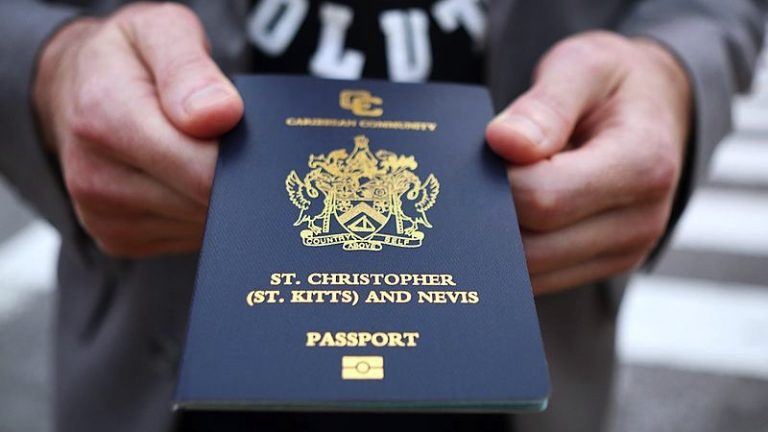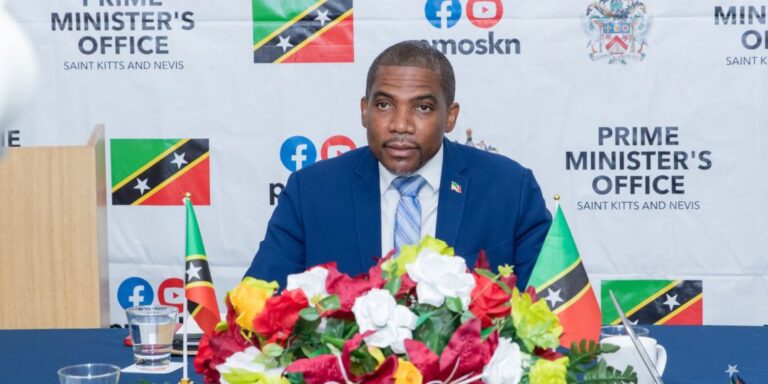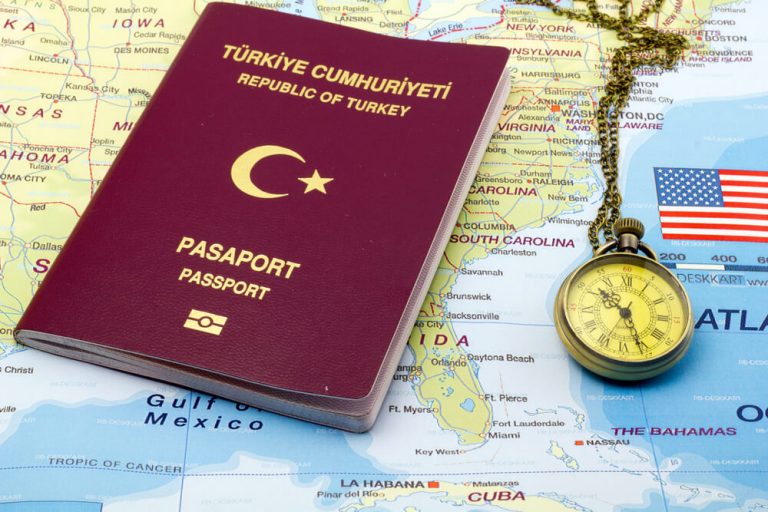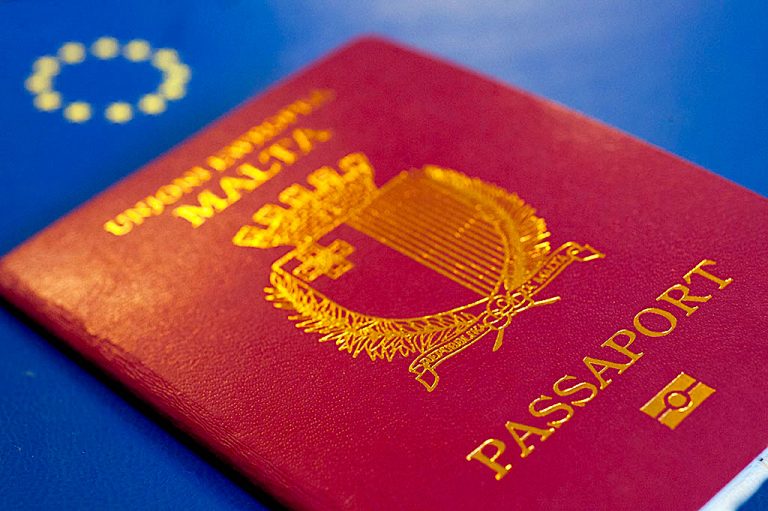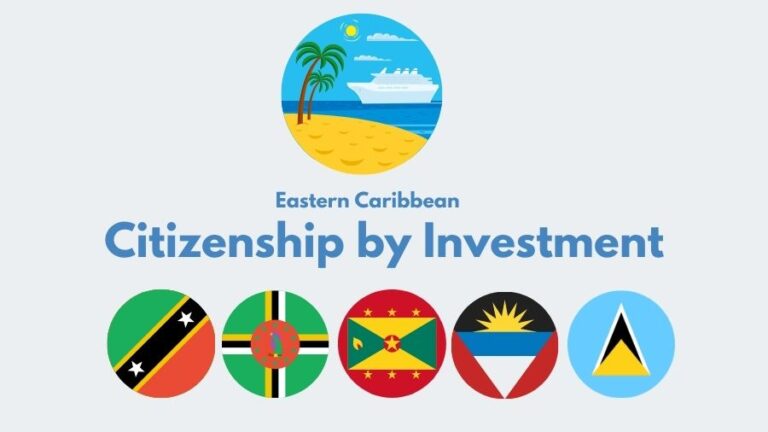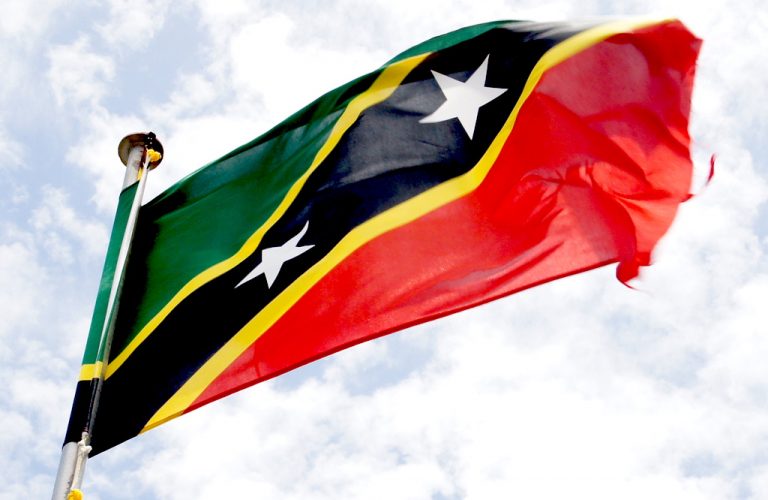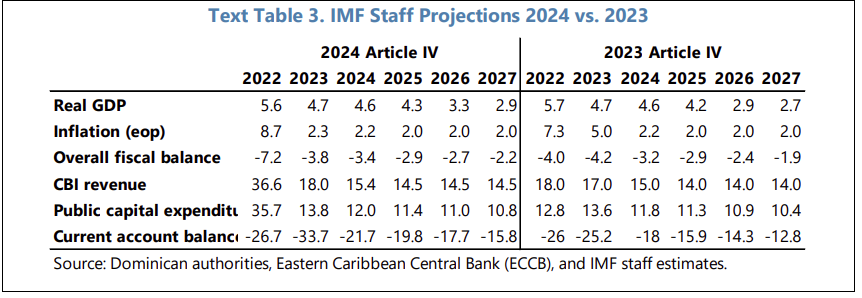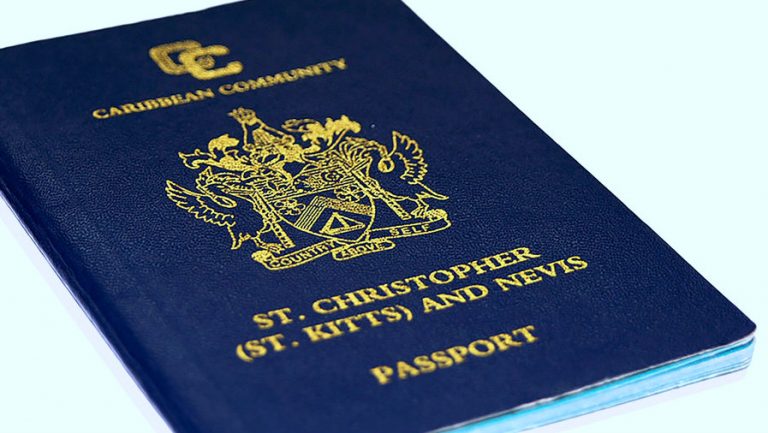On Oct 5, 2024, Advocate General Anthony Michael Collins delivered his “Opinion” in the case of Commission v Malta, Case C‑181/23, concerning the national legislative framework on the acquisition of citizenship-by-investment. The final judgment is expected end of 2024 or early 2025.
The Advocate general in his conclusion has called for to dismiss the Commission’s case and order the Commission to pay its costs and those of the Republic of Malta.
Key Arguments
European Commission
The European Commission took Malta to court, filed the case on March 22, 2023, challenging Malta’s Citizenship by Investment program. .
The Commission considers that the Maltese Citizenship by Naturalisation for Exceptional Services by Direct Investment scheme (2020) constitutes such an unlawful citizenship investor scheme. By establishing and maintaining such a scheme, Malta compromises and undermines the essence and integrity of Union citizenship in breach of Article 20 TFEU and in violation of the principle of sincere cooperation enshrined in Article 4(3) TEU.
- Failure of a Member State to fulfil obligations under Article 20 TFEU and Article 4(3) TEU – Investor citizenship scheme
- Naturalisation of third-country nationals in exchange for pre-determined payments or investments
- Absence of a genuine link between applicants for naturalisation and a Member State
Malta
The Republic of Malta claims that the Commission’s action is “unfounded”, in law and in fact. EU law does not govern the conditions whereby persons may acquire the nationality of a Member State, unless those conditions are such as to put at risk, in a general and systematic manner, the European Union’s values and objectives. Neither public international law (3) nor EU law require that a person have a ‘prior genuine link’ with a State prior to his or her naturalisation. The Republic of Malta also alleges that the Commission has oversimplified the 2020 citizenship scheme in an attempt to ‘drive’ the Court into making an erroneous assessment of the facts.
Advocate General Opinion
In my view, the Commission has failed to prove that, in order to lawfully grant national citizenship, Article 20 TFEU requires the existence of a ‘genuine link’ or a ‘prior genuine link’ between a Member State and an individual other than that which a Member State’s domestic law may require.
“It follows that the Member States have decided that it is for each of them alone to determine who is entitled to be one of their nationals and, as a consequence, who is an EU citizen”, he said in the report.
Although EU law does not lay down conditions for the exercise of powers the Member States have chosen to retain, that exercise must not breach EU law in situations that come within the latter’s scope. Thus whilst EU law may constrain, in principle, the exercise of a Member State’s sovereign prerogative to grant or withdraw citizenship, that limitation applies only where that Member State acts in a manner contrary to EU law. The conditions for the grant of nationality are a matter of national law, although deference may be paid to rules of international law against statelessness and EU law requires that the human and procedural rights of the persons concerned are respected, at least as regards the loss of nationality.
The duty under EU law to recognise the nationality granted by another Member State is a mutual recognition of, and respect for, the sovereignty of each State and is not a means to undermine the exclusive competences that the Member States enjoy in this domain. There is no logical basis for the contention that because Member States are obliged to recognise nationality granted by other Member States, their nationality laws must contain any particular rule. To find otherwise would upset the carefully crafted balance between national and EU citizenship in the Treaties and constitute a wholly unlawful erosion of Member States’ competence in a highly sensitive field which they have clearly decided to retain under their exclusive control.
Conclusion
In the light of the foregoing considerations, I propose that the Court:
– dismiss the Commission’s action;
– order the Commission to pay its costs and those of the Republic of Malta.
Malta Welcomes Opinion
The Government of Malta welcomes the Advocate General’s positive opinion, which recommends that the Court of Justice of the European Union dismiss the European Commission’s action.
The Minister for Home Affairs, Security, and Employment, Byron Camilleri, expressed satisfaction with the opinion of Advocate GeneralCollins, which reflects the same or similar arguments that Malta has advanced in recent years. This follows sustained efforts to ensure that citizenship remains within the national sphere of competence.
Malta Citizenship Scheme
Foreign investors) may apply to be naturalised under the second category where they fulfil or undertake to fulfil the following conditions:
a) contribute either EUR 600 000 or EUR 750 000 to the Maltese Government, EUR 10 000 of which is to be paid as a non-refundable deposit together with the submission of the residence applications or the eligibility form, the balance falling due after the application for naturalisation has been approved;
b) acquire and hold residential immovable property in Malta with a minimum value of EUR 700 000, or take a lease of a residential immovable property in Malta for a minimum of 5 years at a minimum annual rent of EUR 16 000;
c) donate a minimum of EUR 10 000 to a registered philanthropic, cultural, sport, scientific, animal welfare or artistic non-governmental organisation or society, or one otherwise approved by the authorities;
d) have been a resident in Malta for a period of 36 months (where the payment amounts to EUR 600 000) which period may be reduced to a minimum of 12 months subject to making an exceptional direct investment, namely, a payment of not less than EUR 750 000;
e) having passed an eligibility assessment by the authorities and being authorised to submit an application for naturalisation in accordance with Regulation 10 of the 2020 Regulations
Dr. Christian H. Kaelin, Chairman of Henley & Partners, says this court case has important implications. “Its significance goes well beyond the niche of investment migration, which only accounts for 200 to 300 cases in Malta annually, compared to the 700,000 citizenships granted across the EU without investment each year. The fundamental question centers on EU competences and the European Commission’s approach towards member states on a core sovereign matter: the right to control national citizenship.” he said.
He added that the case directly addresses the balance of power between national sovereignty and EU oversight, and the Advocate General made it clear that “the duty under EU law to recognise the nationality granted by another Member State is a mutual recognition of, and respect for, the sovereignty of each State and is not a means to undermine the exclusive competences that the Member State
NOTE: The Advocate General’s Opinion is not binding on the Court of Justice. It is the role of the Advocates General to propose to the Court, in complete independence, a legal solution to the cases for which they are responsible. The Judges of the Court are now beginning their deliberations in this case. Judgment will be given at a later date.

